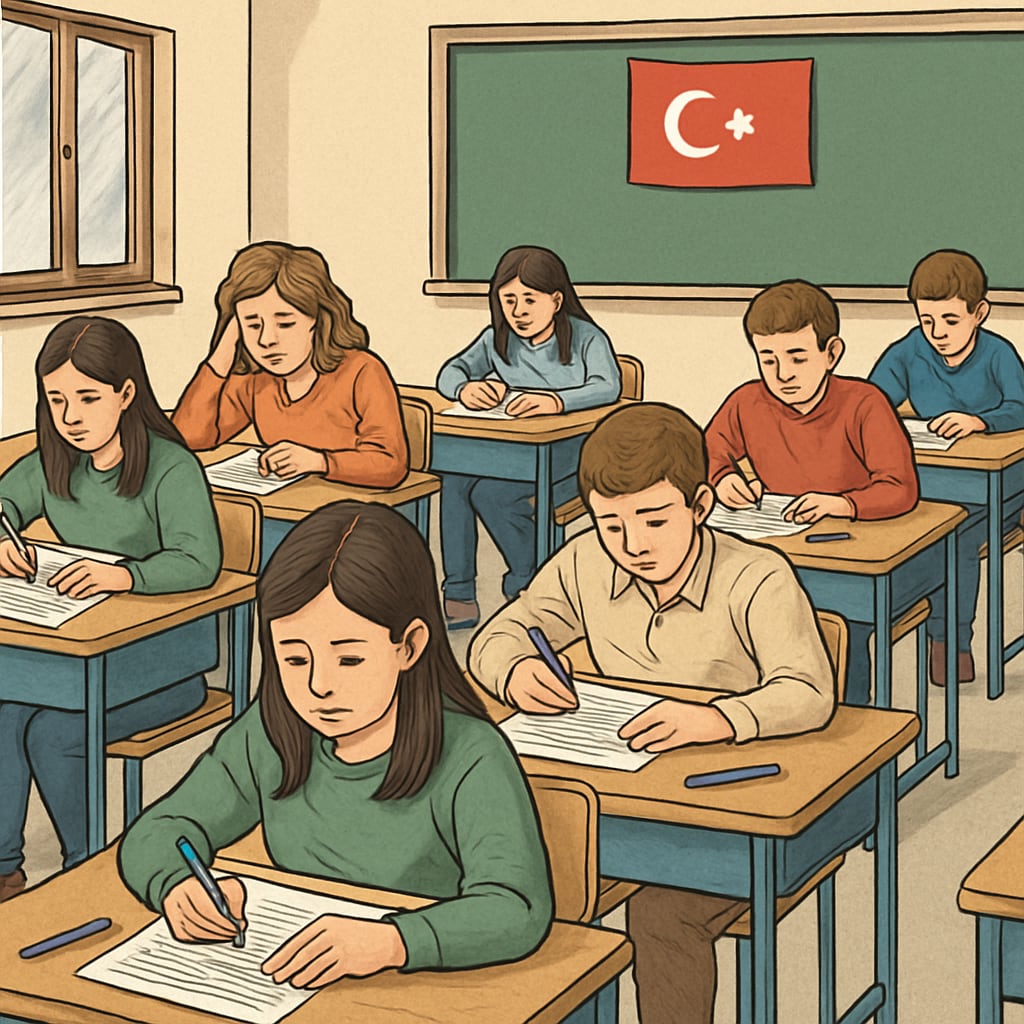The debate around education systems, exam stress, A Levels, and education reform has intensified globally, with Turkey’s high-stakes testing model facing scrutiny. Unlike the UK’s flexible A Levels (Advanced Level qualifications), Turkish students endure a rigid system where annual centralized exams determine their academic futures.

The Tyranny of High-Stakes Testing in Turkey
Turkey’s education system revolves around two pivotal exams:
- LGS (High School Entrance Exam): Taken by 1.2 million 8th graders annually, determining elite school admissions
- YKS (University Entrance Exam): A 3-stage marathon assessing 2.5 million students for limited university spots
This creates unsustainable high-stakes testing environments where 74% of students report severe anxiety, according to 2023 Turkish Psychological Association data.
A Levels: Britain’s Student-Centered Alternative
In contrast, the UK’s A Levels system emphasizes:
- Specialization: Students choose 3-4 subjects aligning with their strengths
- Continuous assessment: Only 20-40% of grades come from final exams
- Teacher autonomy: Educators adapt curricula to student needs

Strategic Reform Pathways for Turkey
Three evidence-based solutions could transform Turkey’s system:
| Current Issue | UK Inspiration | Implementation Strategy |
|---|---|---|
| Overcrowded curricula | Focused subject depth | Pilot elective tracks in 50 schools |
| Single-exam pressure | Modular assessments | Introduce coursework components |
| Teacher disempowerment | Professional autonomy | Training programs on adaptive teaching |
As global education systems evolve, Turkey’s potential adoption of A Levels principles could reduce exam stress while unlocking student creativity – proving that meaningful education reform requires courage to rethink assessment fundamentals.


